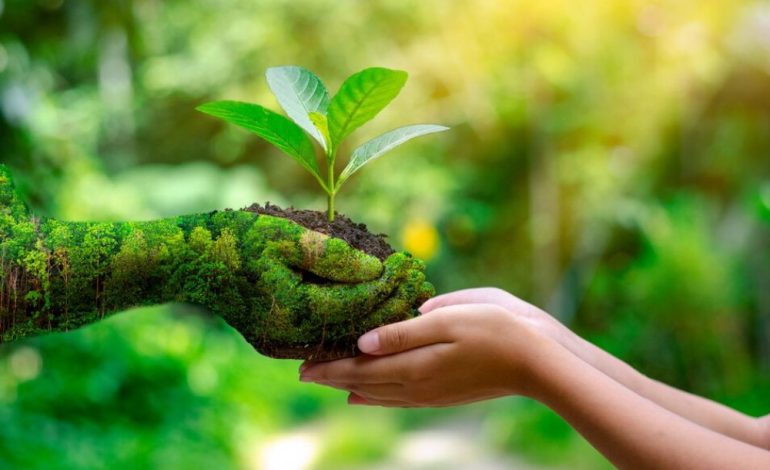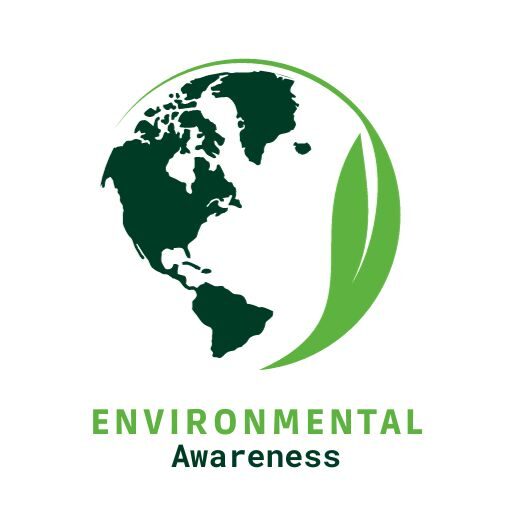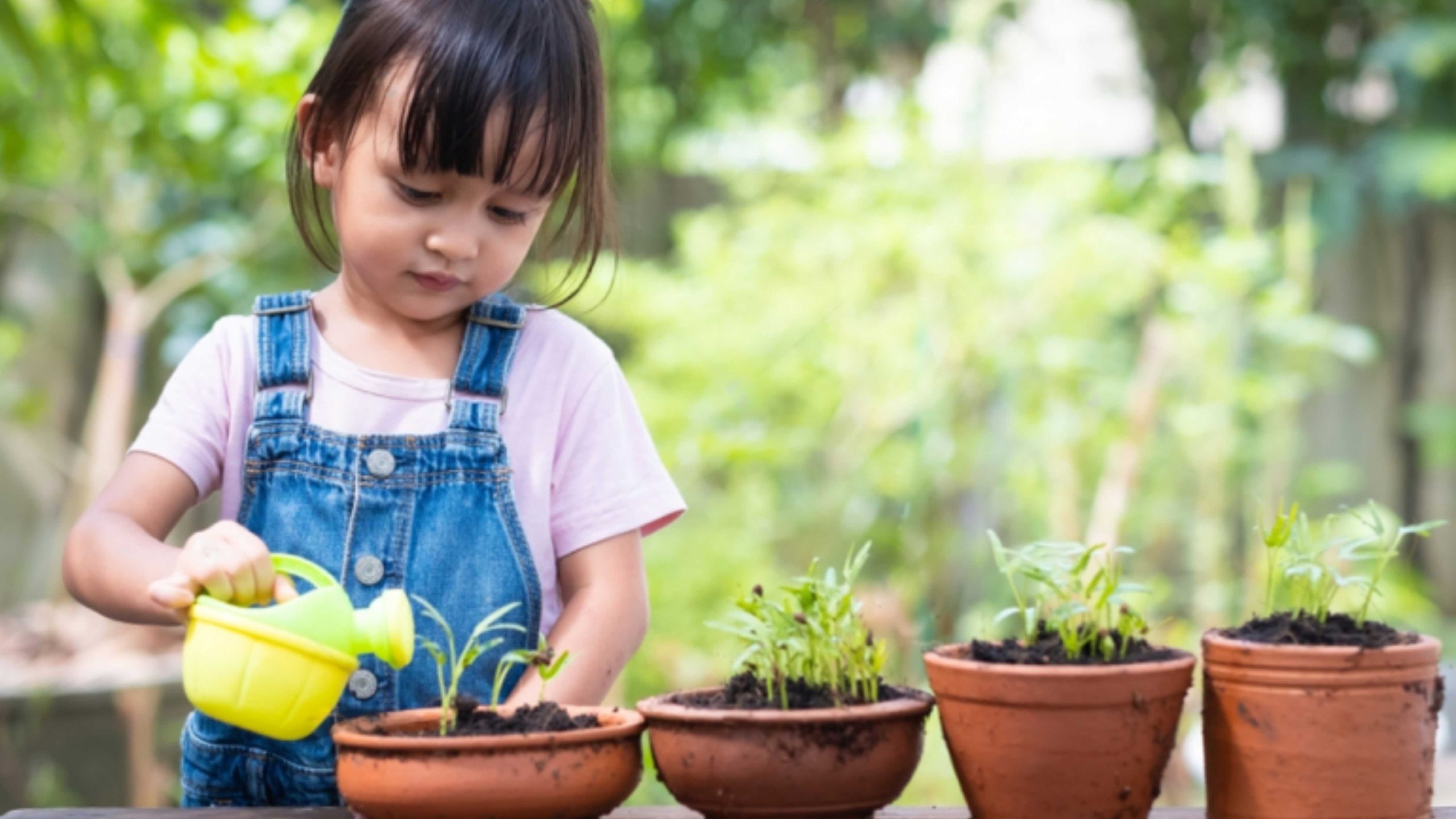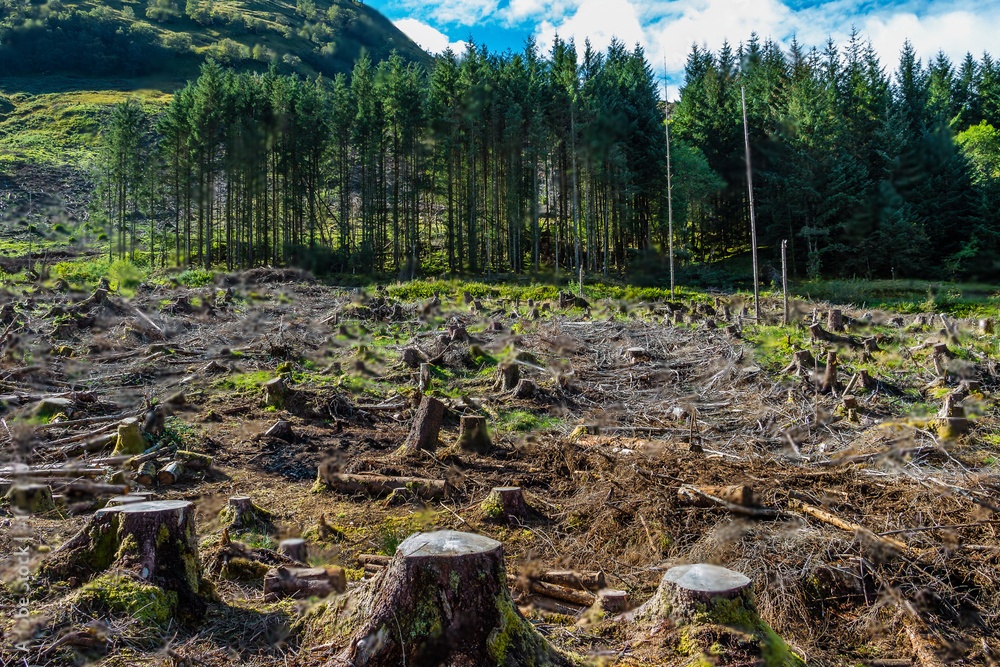
Engaging Students in Climate Action: Innovative Environmental Education Programs
Giving the next generation the information, abilities, and enthusiasm to take on environmental difficulties is vital in a world where climate change is posing serious obstacles. Innovative environmental education initiatives have sprung up in response to this need, to empower students to become change agents by involving them in meaningful ways. These programs incorporate practical experiences, real-world problem-solving, and community involvement in addition to standard classroom instruction. Let’s examine some of these motivating projects and how they are influencing today’s environmental leaders.
-
Outdoor Education and Experiential Learning
Outdoor education and experiential learning are two of the best strategies for teaching kids to be stewards of the environment. Students are immersed in natural areas through programmes like outdoor field trips, nature camps, and wilderness expeditions, which help them develop a strong bond with the planet and an understanding of its fragility and beauty. These experiences foster leadership qualities, teamwork, and personal development in addition to improving academic achievement.
Numerous outdoor education programs tailored expressly for students are available from organizations like Outward Bound and the National Outdoor Leadership School (NOLS). These programs incorporate teachings on environmental conservation, sustainability, and Leave No Trace principles with adventure activities like rock climbing, hiking, and camping. Students who have firsthand experience with nature’s wonders and the value of protecting it grow a strong feeling of environmental responsibility that they carry with them long after the program is over.
-
Citizen Science Projects
Students get the chance to actively participate in scientific research while learning about environmental challenges through citizen science initiatives. Participants in these initiatives gather and evaluate data on several subjects, including biodiversity, air and water quality, and climate change. Citizen science programs enable students to make significant contributions to scientific knowledge while also strengthening their grasp of environmental issues through the engagement of students in real scientific investigation.
There are many other citizen science projects available on websites like iNaturalist, eBird, and Globe Observer that are appropriate for kids of all ages. In addition to participating in activities like cloud observation, plant identification, bird watching, and water quality monitoring, students can also provide important data for existing research projects. These initiatives encourage civic engagement, environmental care, and environmental literacy in addition to the former.
-
Environmental Service Learning
In order to address actual environmental concerns, environmental service learning integrates academic learning with community service. Through these programs, students may put what they’ve learned in the classroom to use by working on real-world projects that help the environment and their communities. Students are given the opportunity to take the initiative and improve their communities through environmental service learning projects, which can involve everything from planting trees to restoring wetlands to planning recycling drives.
Initiatives for environmental service-learning are frequently designed and carried out in partnership with community organizations and schools. Students identify environmental issues, create action plans, and carry out solutions in collaboration with educators, environmental specialists, and community members. Students learn how to think critically and solve problems through practical work and contemplation. They also get a broader grasp of how social, economic, and environmental issues are intertwined.
-
Green Schools Initiatives
Initiatives for “green schools” seek to establish sustainable learning settings that encourage stewardship, conservation, and environmental awareness. These programs cover a wide range of tasks and methods, such as integrating environmental education into the curriculum, reducing and recycling waste, designing green buildings, and conserving energy and water. Green school projects give students the chance to learn about sustainability in theory and practice by incorporating eco-friendly practices into school operations and curricula.
Leading organizations in the green schools movement, the U.S. Green Building Council’s Centre for Green Schools and the Green Schools Alliance offer schools and educators networking opportunities, information, and support. These organizations reward and promote schools that exhibit excellence in environmental teaching, sustainability, and health and wellness through programs like the Green Ribbon Schools program and the Green Schools National Network. Green school projects encourage students to become lifelong environmental stewards by cultivating a sustainable culture within schools.
Key Takeways
Cutting-edge environmental education initiatives are essential for inspiring students to take up climate action and equipping them with leadership skills. Through environmental service learning, outdoor education, citizen science, or green school activities, these programs give students the information, abilities, and inspiration to change the world for the better.
Through the development of a strong bond with the natural world, the encouragement of scientific inquiry, the promotion of community involvement, and the incorporation of sustainability into the curriculum, these programs provide students with the necessary skills to tackle the intricate problems associated with climate change and build a more sustainable future for everybody.
It is more crucial than ever to fund environmental education initiatives for students as we face the dire consequences of environmental deterioration. Together, we can inspire the next generation of environmental champions and build a more just, equitable, and sustainable world for generations to come.





